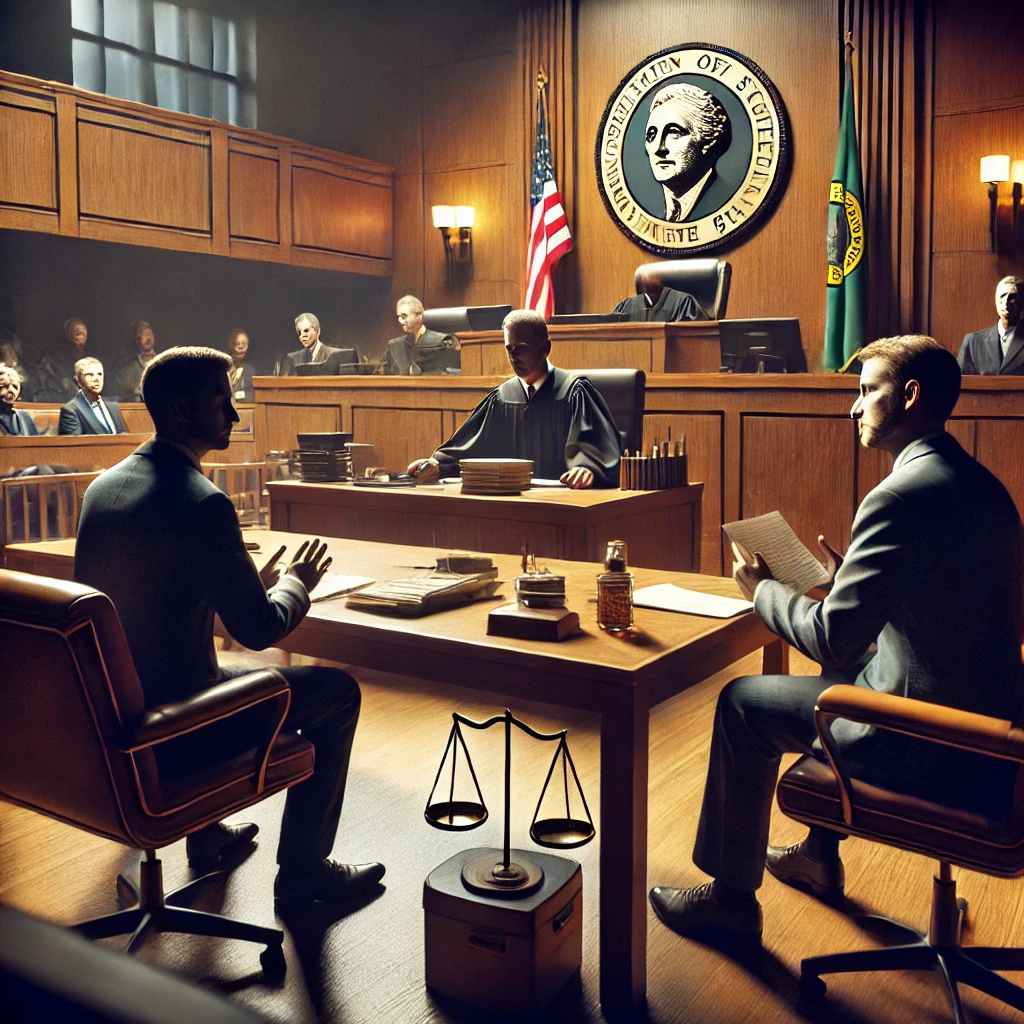Understanding Washington Rule of Evidence 1007 is critical when building a strong legal strategy in court. This rule allows parties to prove the contents of a document without producing the original document, relying instead on the opposing party’s testimony or written admission.
At Blanford Law, we help clients navigate complex evidentiary rules, ensuring that your legal rights are fully protected during courtroom proceedings.
Read the full Washington Rule of Evidence 1007 here.
What Does Washington Rule of Evidence 1007 Allow?
Under Washington Rule of Evidence 1007, a party can prove the content of a document by using:
- Testimony of the opposing party
- A written admission by the opposing party
- A deposition or formal response during discovery
This eliminates the need to produce the original document in some cases, streamlining legal proceedings and reducing technical barriers to proving key facts.
The rule is an important exception to the Best Evidence Rule, which typically requires an original document to prove its contents.
When Can Washington Rule of Evidence 1007 Be Used?
Washington Rule of Evidence 1007 is typically invoked when:
- The opposing party has acknowledged the document’s contents
- The original document is lost, unavailable, or unnecessary due to the admission
- Efficiency and judicial economy favor avoiding production of duplicative documents
However, the testimony or written admission must be clear and unambiguous to substitute for the original evidence.
Why This Rule Matters in Court
Strategically using Washington Rule of Evidence 1007 can simplify trial preparation and strengthen your case. In disputes involving contracts, wills, business records, or communications, proving a document’s content through the other party’s admissions can save significant time and resources.
It can also prevent the opposing party from unfairly objecting to evidence they have already admitted to under oath or in writing.
Blanford Law Helps You Navigate Washington Evidence Rules
Understanding evidentiary rules like Washington Rule of Evidence 1007 can be the difference between winning and losing a case. At Blanford Law, our experienced attorneys ensure that evidence is properly introduced, legal strategies are solid, and your rights are fully protected throughout the litigation process.
📧 Email: ken@blanfordlaw.com
🌐 Website: www.blanfordlaw.com
📞 Phone: 253-720-9304
Blanford Law — Trusted Legal Representation in Washington Courtrooms.
Review our client resources here
Contact us anytime for your urgent legal needs.
About Blanford Law:
We are no-nonsense, relentless, fair, and honest. We are great listeners instead of fast talkers, that is just who we are. More than 20 years ago, Ken began practicing law with a deeply-seeded belief that every person has the right to the best legal representation available. He built his law firm on that belief. Another belief that he strongly adheres to is his fundamental belief that clients deserve respect, with no assumptions or preconceived notions. If you or someone you know is accused of a crime or injured as a result of the negligence of another, please have them call us at 253-720-9304 or email us info@blanfordlaw.com

